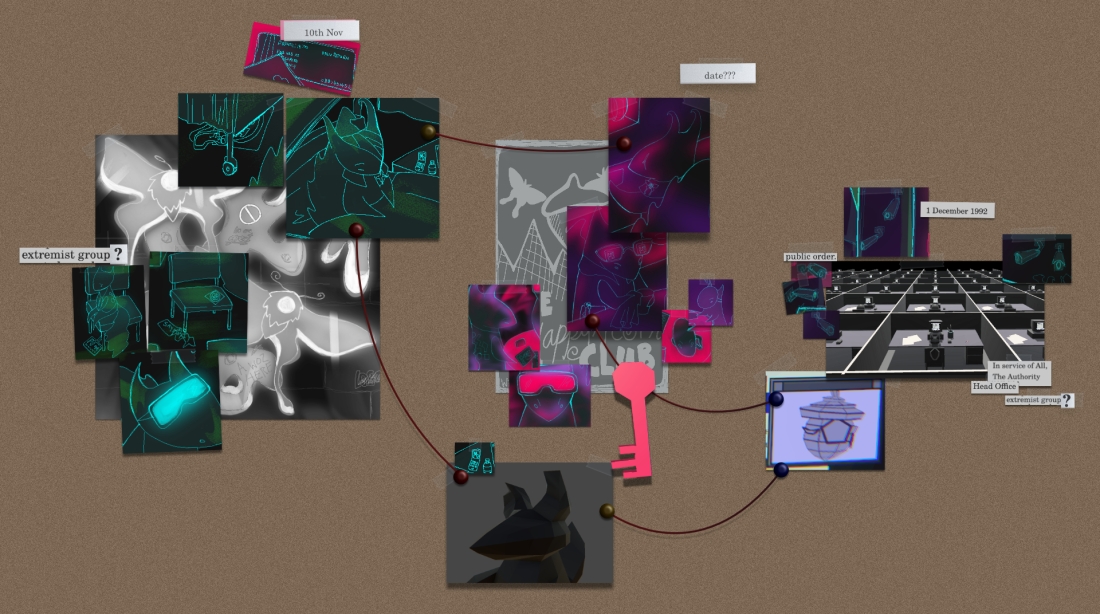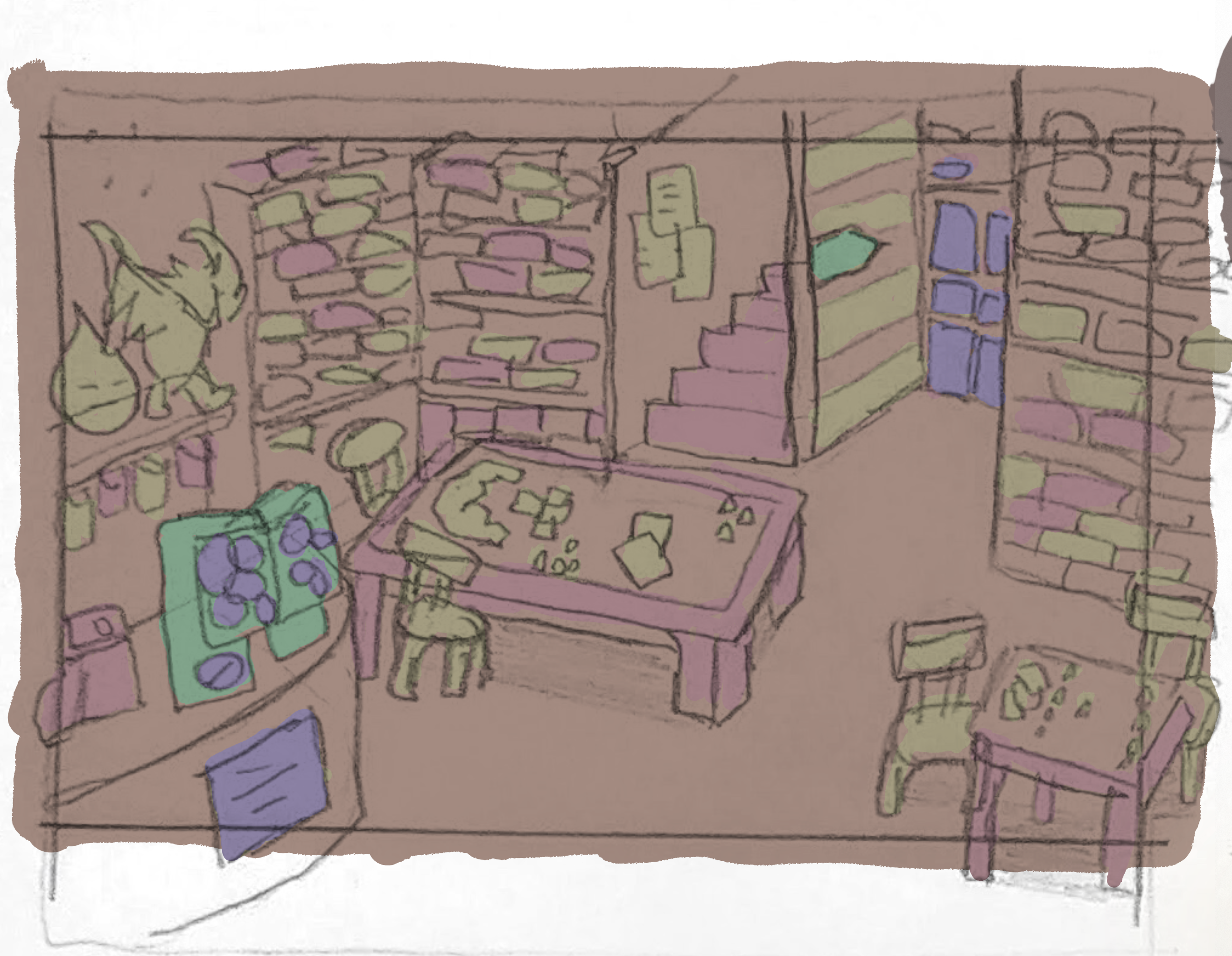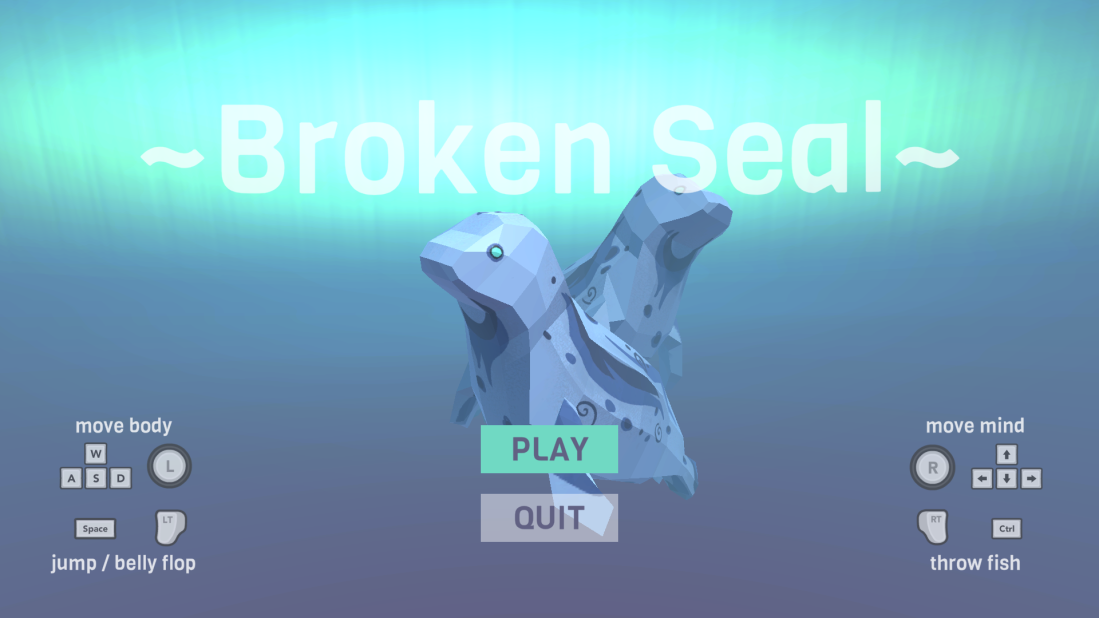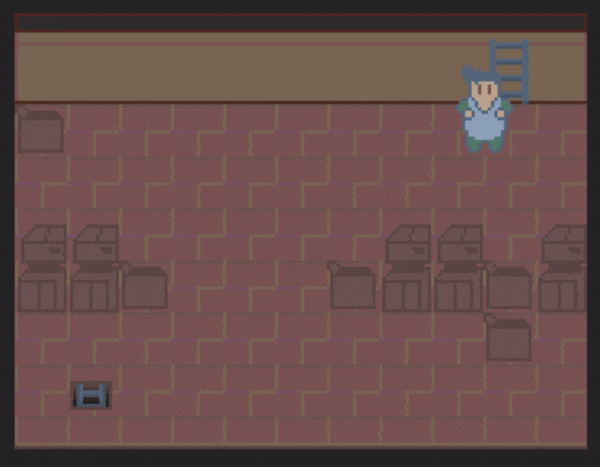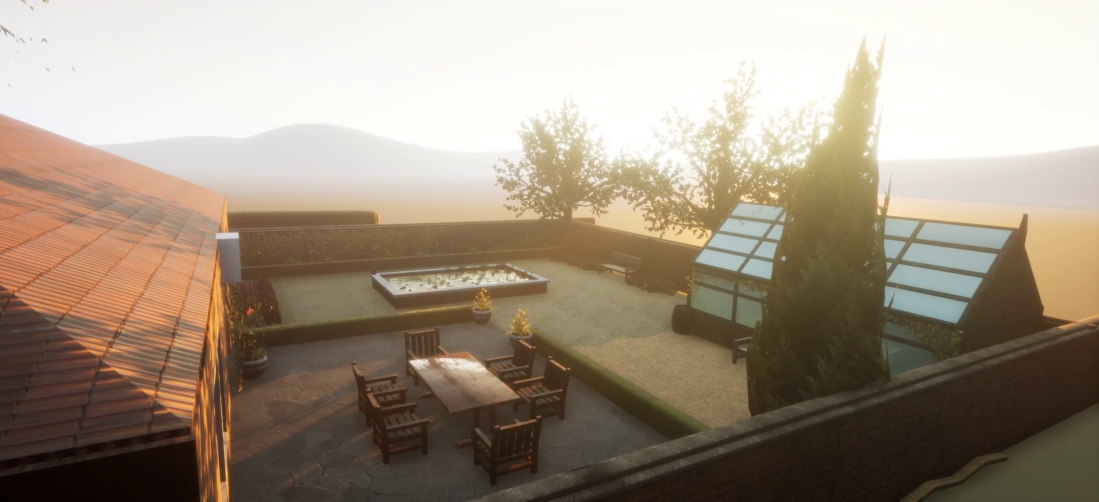Less than two years ago, I decided that I would learn how to make games. In truth, I had made that decision far longer ago, and far from once or twice. This was however the moment when I committed a significant part of my time to the practice by joining a Masters program. In a year and a half of part-time study, I submerged myself in design theory, and produced a number of prototypes. Eventually I was ready to commit to making a small, finished game.
The goal of finishing and releasing a game, no matter how small, is important to me for a number of reasons. Firstly, I believe that there is much to learn from the experience of releasing a game. By making prototypes never intended to be released to a wider audience, it is easy to re-tread the same familiar ground of design and development, without ever having to engage fully with polishing and QA. Secondly, the experience of having released a title is often recognised, and sometimes required, by fellow game developers looking for employees and contractors to work with. Finally, I consider it to be a personal and professional milestone.
What follows is a series of blog posts that summarise my progress on a six-month project where I make a game. Blogging gives me an opportunity to organise and filter my research notes, and to provide evidence for my involvement in the project. By making those posts public, I also hope that some of the research and techniques might end up being useful to others.
Although this is a personally driven project, I am working on it as part of a Masters course. Therefore, I will benefit from having weekly group webinars, one-to-one supervisor meetings, access to a number of libraries as well as a forum of fellow practicioners.
The academic setting also necessitates that my practice is underpinned by rigorous research, and the game’s development will be instrumental in answering a research question. In the first weeks of the project, I will explore what that question should be.
